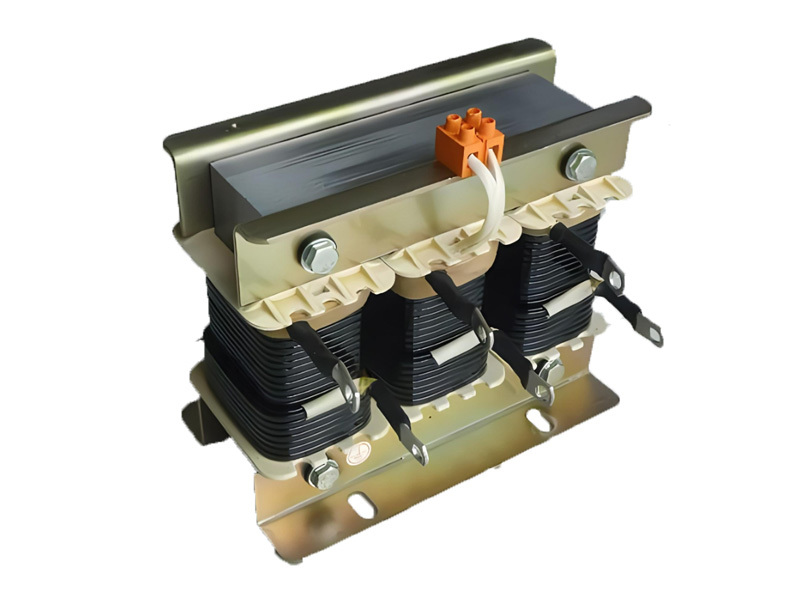Understanding the Advantages of New Three-Phase Reactors in Power Systems
May 11,2025
Three-phase reactors are critical components in modern electrical systems, particularly within the realm of power transmission and transformation. The new three-phase reactor design brings several advancements that improve the efficiency and reliability of electrical networks. Understanding these reactors is crucial for professionals in the electrical engineering field, as they play a pivotal role in ensuring stable and efficient power delivery.

One of the primary advantages of new three-phase reactors is their ability to mitigate harmonics in electrical systems. Harmonics, which are unwanted frequencies that can distort the waveform of electrical signals, can lead to inefficiencies and overheating in transformers and motors. By integrating a three-phase reactor, these harmonics are effectively reduced, ensuring that the power quality remains high and that equipment operates within optimal parameters.
Moreover, new three-phase reactors enhance voltage regulation. In electrical systems, maintaining a stable voltage level is essential for the protection of sensitive equipment. When fluctuations occur, three-phase reactors can absorb excess energy, thereby smoothing out the voltage waveform. This capability is particularly beneficial in environments with variable loads, where the reactor can adjust in real-time to fluctuating demands.
Another significant benefit of the new three-phase reactor is its role in improving system reliability. They serve as a buffer during transient conditions, such as voltage spikes or short circuits. By temporarily absorbing excess current, three-phase reactors protect downstream equipment from potential damage, thereby extending the lifespan of transformers, circuit breakers, and other critical components.
From a design perspective, advancements in the construction of three-phase reactors have led to improvements in thermal management and overall efficiency. Modern materials and manufacturing techniques have resulted in reactors that are not only more robust but also capable of handling higher load capacities. This is crucial for industries with significant power requirements, as it enables them to scale their operations without compromising on reliability.
In terms of installation and maintenance, new three-phase reactors are designed with user-friendliness in mind. Many of these reactors incorporate features that simplify the installation process, reducing downtime and associated costs. Furthermore, their robust design often translates to lower maintenance requirements, allowing organizations to allocate resources more effectively.
In conclusion, the introduction of new three-phase reactors represents a significant advancement in the electrical engineering industry. By effectively managing harmonics, improving voltage regulation, enhancing system reliability, and offering a user-friendly design, these reactors are poised to play a crucial role in the future of power transmission and transformation equipment. For professionals in the field, understanding the advantages of new three-phase reactors is essential for optimizing electrical systems and ensuring the longevity of critical infrastructure.
Related Posts








